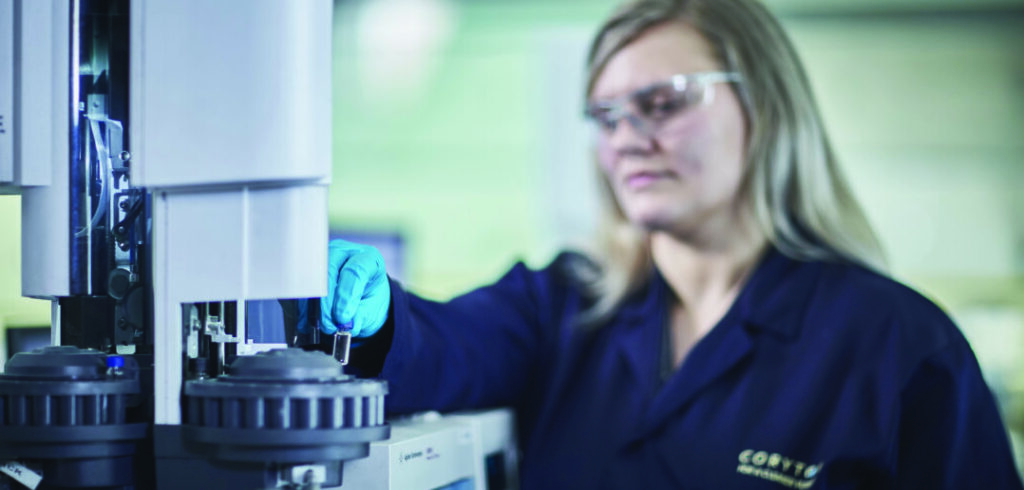Organized by the Institution of Mechanical Engineers, the Formula Student competition is to offer sustainable fuel options to teams of university students developing functional prototype single-seater race cars with internal combustion engines (ICE).
Motorsport UK, the governing body of motorsport in the UK, has provided a grant for entrants to use Coryton sustainable fuels in ICE powertrains within the competition. Compared with fossil-fuel-based equivalents, Coryton’s sustainable fuels offer an 80% reduction in greenhouse gas emissions from the Formula Student vehicles while still providing the same level of performance.
Initially announced at the 2022 finals event, competition teams operating ICEs will now have the option to use two 100% sustainable/non-fossil fuels: an E85 and a 95 RON E10. A standard 99 RON will also be provided as previously.
Coryton’s sustainable fuels are second-generation biofuels produced from agricultural, forestry and food processing waste. The carbon in the fuels is effectively recycled from the atmosphere, rather than additional CO2 being released from fossil fuels.
“The 2023 Formula Student competition is a fantastic opportunity for the automotive and motorsport engineers of the future to experience and deploy leading-edge technologies in a stimulating motorsport scenario,” said Hugh Chambers, CEO of Motorsport UK. “By funding the use of sustainable fuels for those teams that choose an internal combustion engine, we hope to inspire the next generation of engineers to have a broad view of the future technologies of propulsion.”
“We’re delighted to be involved with Formula Student and to get the opportunity to showcase the potential of sustainable fuels when it comes to the continuation of the ICE,” commented David Richardson, business development director at Coryton. “As we often say, the ICE in itself is not ‘dirty’, it’s only the fossil fuels used within it. Sustainable fuels are here and ready now, and should be used alongside every available technology to help tackle climate change.
“Obviously F1 and other motorsport organizations see the potential of sustainable fuels and it’s important that the next generation of engineers have the opportunity to be involved. We feel passionate about securing the future of automotive engineering at the grassroots level. Electric-only courses very much have their place but it’s vital to show that mechanical engineering can also have a clean future ahead.”
Jessica Runicles, head of sustainability at Motorsport UK, explained, “In 2021, Motorsport UK launched its sustainability strategy wherein we laid out our commitment to reducing the emissions of motorsport across the United Kingdom. Sustainable fuels are one of the tools we have to make that change happen. They are compatible with existing ICE architecture with very little, if no, adaptation and offer similar performance. However, they can reduce the emissions of one car by as much as 85%. The engineers of the future will be critical to showcasing this technology and pushing development beyond motorsport. We are delighted to provide them with an opportunity to work with these more sustainable options.”
Teams seeking to use the latest fuel types have until the end of March 2023 to announce their intentions for their vehicles. The fuels will be utilized at the finals event, which will take place at the Silverstone Race Circuit in the UK on July 19-23, 2023.
For more on fuels, please click here.



